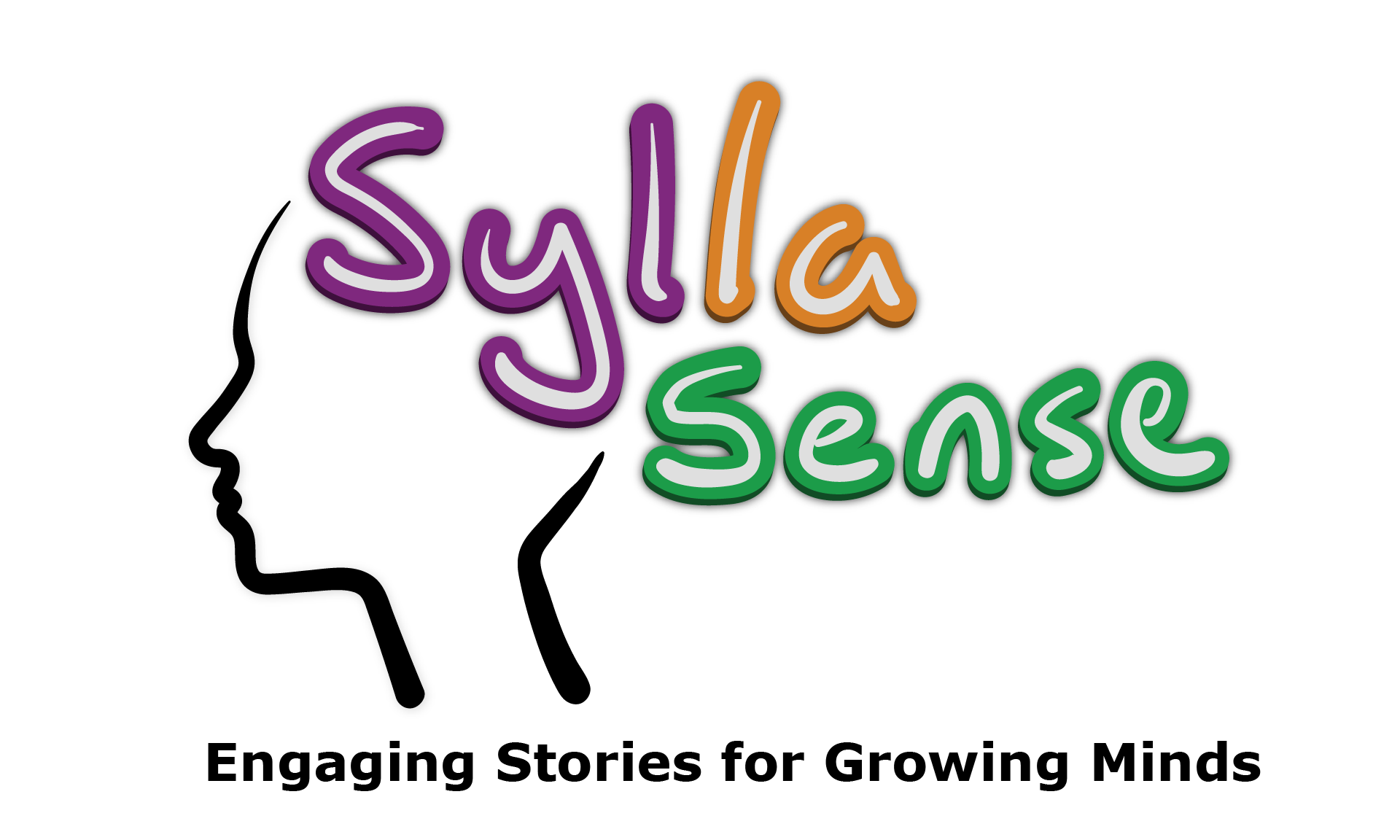Biking - Tip Sheet

- IT IS ESSENTIAL TO PRE-TEACH THE CONCEPTS INTRODUCED IN EACH BOOK PRIOR TO READING! -
|
Biking - Teacher Tip Sheet Purple Series - Book 6 - Biking |
||||||||||||||||
|
Morphology |
Tips and Activities to Try |
|||||||||||||||
|
Introduced in This Book
Previously Introduced
|
Key Concepts to Understand - Replace <e >
For example, the marker <e >in hope is replaced when you attach suffix <-ing >. When we see <hopping >we know marker <e >has not been replaced (as the <p >is doubled) therefore the base is <hop >. Refer to Page 4 of Morphology Information Background Sheets
Important Background Information The assumption when attaching vowel suffixes is that marker <e >has been replaced whenever a marker <e >has the possibility of existing:
Activity to Try Write a word sum for the following words: long + er → ______________________________ run + ing→ _______________________________ cute + er → ______________________________
Key Concepts to Understand - suffix <-ful >
Activity To Try
Students are responsible for repeating the base and adding the suffix <-ful >, NOT independently decoding the base. Therefore, words with vowel teams that have not yet been taught can be used in this activity. The goal is to understand suffix <-ful >as a meaningful unit, not as something to sound out. Suggested bases:
Here are phrases that can be used for reading and/or dictation practice. These phrases can be combined to create sentences. A good opportunity arises to address syntax if the resulting sentence is not grammatically correct.
You can differentiate for your students by dropping some of the words in these phases (e.g., “the playful wren” can just be “the wren”). |
|||||||||||||||
|
Comprehension Corner - Biking |
||||||||||||||||
|
Vocabulary Development
Making Connections
Inferencing
Retelling/Summarizing
|
||||||||||||||||
Tip Sheet written by Shari Kudsia and Helen Maclean - April 2023 - © SyllaSense Inc.
